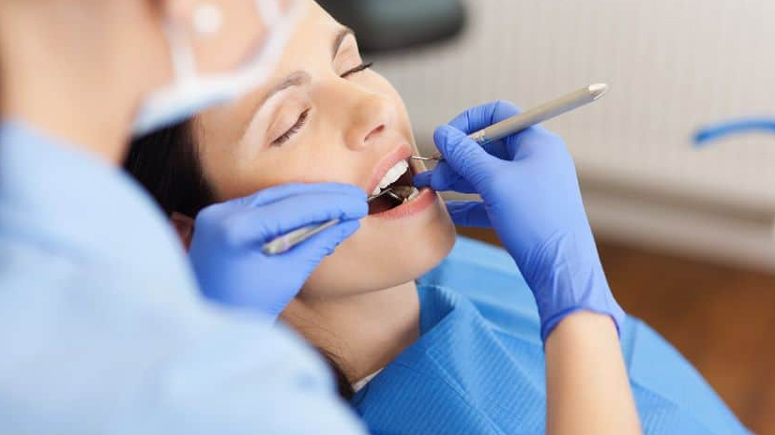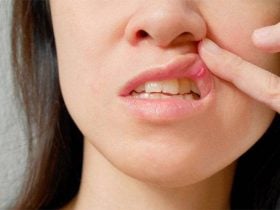Risk Factors for Developing Oral Cancer

Certain factors make you more likely to develop oral cancer. The most common and biggest risk factor for oral cancer is tobacco use. This usually includes smoking cigarettes, pipes, and cigars. Chewing tobacco also makes you more susceptible to oral cancer.
Studies show that people who take large amounts of alcohol and tobacco regularly are at an even higher risk of developing oral cancer.
The risks of developing oral cancer also increases with age. Various studies show that people who are older than 55 years are more likely to develop the condition. People younger than 55 years can also develop the disease. Oral cancer is also more likely to affect men than women.
Other risk factors for having Oral cancer include
- HPV infection: HPV has about 200 similar viruses. In most cases, HPVs usually result in warts. However, some may lead to cancer. HPV is a risk factor for oral cancer. Studies show that people with oral cancers that occur due to HPV [2] are usually not smokers or drinkers, and usually have a good prognosis. It is imperative to note that HPV infections in the mouth do not show symptoms, and only a small percentage of these infections result in cancer.
- Gender: Studies show that oral cancer is twice as common in men as in women. This difference may be linked to the fact that men consume more alcohol and tobacco than women, which are the major risk factors of oral cancer.
- Age: Studies show that the average age at diagnosis for oral cancer is 63. Studies also show that more than two-thirds of people with this condition are older than 55 years.
- Alcohol: Studies show that about 70% of people with oral cancer drink alcohol regularly. This risk is higher for people who take tobacco and alcohol regularly. The risk of developing oral cancer for people who smoke and drink is 30 times higher than the risk for people who do not smoke or drink.
- Ultraviolet light: Oral cancers in the lip are more common in people who work outdoors and visit tanning beds. It is also common in people who have been exposed to sunlight for a long period.
- Genetic syndromes: Some inherited genetic mutations may cause various syndromes in the body. These mutations increase your risk of developing oral cancer.
- Poor nutrition: Studies have shown that there is a relationship between diets and oral cancer. [3] Studies show that people who take diets low in vegetables and fruits are more likely to develop oral cancer.
- Tobacco use: Studies show that about 85% of people with oral cancer use tobacco in the form of cigarettes, snuff, or chewing tobacco. The risk of having oral cancer depends on the duration and frequency of tobacco use. Regular smoking can result in cancer of the throat or mouth. Oral tobacco products are associated with cancer of the cheeks, gums, and inner surface of the lips.
- Betel quid: Betel liquid, a leaf from a betel plant wrapped around areca nut and lime, has been linked to oral cancer. It is common in Southeast Asia and some other parts of the world. Gutka, a mixture of betel quid and tobacco, is also common. Both of these substances are linked to an increased oral cancer risk.













